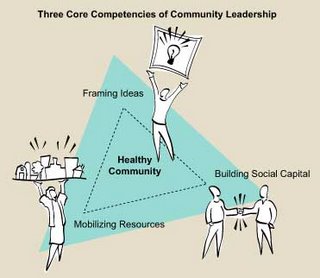
In the history of British advertising there is one advert and one campaign which are often cited as the perfect example of how not to do it. The art work for the adverts was moody and atmospheric, but as a campaign it was disastrous. It was to advertise a cigarette called ‘Strand’. Based on a Frank Sinatra film, the advert showed actor Terence Brook as the mysterious man lighting up a Strand cigarette on a street corner and declaring, "You're never alone with a Strand".
It was hugely popular and Brook became a celebrity overnight, with the accompanying Lonely Man theme reaching number 39 on the charts. Yet, much as people loved it, they didn't buy the product and the campaign was soon discontinued.
The theory was that viewers believed that if they smoked Strand they would end up as lonely as the chap on the deserted street corner in the commercial.
(For the record, Strand cost 3s 2d (16p) for a packet of twenty at the time.)
I like the irony of the fact that the use of the word ‘alone’ was more powerful than the sense contained in the full line of the advert. ‘You’re never alone’ merely emphasised the isolation of the person trying to pretend to connection.
I feel very much the same when I hear the repeated use in the news, television programmes and on the radio of the word ‘community.’
Everyone has a ‘community.’ It doesn’t matter what ethnic, sexual, political, religious, social, professional, aesthetic, sporting, aspirational, educational or nose picking style you adopt: there is a ready made ‘community’ to surround and succour you. It will be described by journalists; pandered to by politicians; analysed by sociologists; led by ‘community leaders’; and fleeced by the community of cynical entrepreneurs. It will form the basis for a photo shoot in ‘Hello’ magazine or ‘Heat’ and, eventually, the community of radio 4 producers will make an amusing programme listened to by the community of radio 4 listeners.
 What, in the name of the living god, is, for example, the Christian Community? Especially, for example, in Rumney? Is it the total number of those people who go to church or chapel in this locality? Or the number of people who say they are Christians? Or the number of people who actually have views which can be related to any of the various religious creeds which are loosely lumped together as Christian? Or those people who have not been to church since they were married or someone died or a kid had to be christened but wouldn’t like to be thought to have no religion at all, even if their ‘theology’ is faulty, heretical and frankly wrong? Does it make any sense at all, in such a disparate group to speak of community at all?
What, in the name of the living god, is, for example, the Christian Community? Especially, for example, in Rumney? Is it the total number of those people who go to church or chapel in this locality? Or the number of people who say they are Christians? Or the number of people who actually have views which can be related to any of the various religious creeds which are loosely lumped together as Christian? Or those people who have not been to church since they were married or someone died or a kid had to be christened but wouldn’t like to be thought to have no religion at all, even if their ‘theology’ is faulty, heretical and frankly wrong? Does it make any sense at all, in such a disparate group to speak of community at all?I remember some earnest spokesman in the early days of Gay Liberation telling some frankly startled looking interviewer, “Well, you know, we’re all gay really.” What the hell does that mean? If the man was saying that the whole spectrum of sexuality may be seen as a line with exclusive homosexuality at one end and exclusive heterosexuality at the other and all people can be placed at some point on this imaginary line, then I don’t see any problem in agreeing with this, because it basically means nothing. Any statement about human behaviour which, whether it is right or wrong makes not a jot of difference to understanding of that behaviour is surely irrelevant?
Community, in the way in which that word is used today, suffers the same fate. Am I a member of a bewilderingly multifarious selection of communities? Yeah, why not, bring them on; they are, after all, meaningless.
And I speak as a fully paid up member of the Noble Community of Cynical Gits.
No comments:
Post a Comment